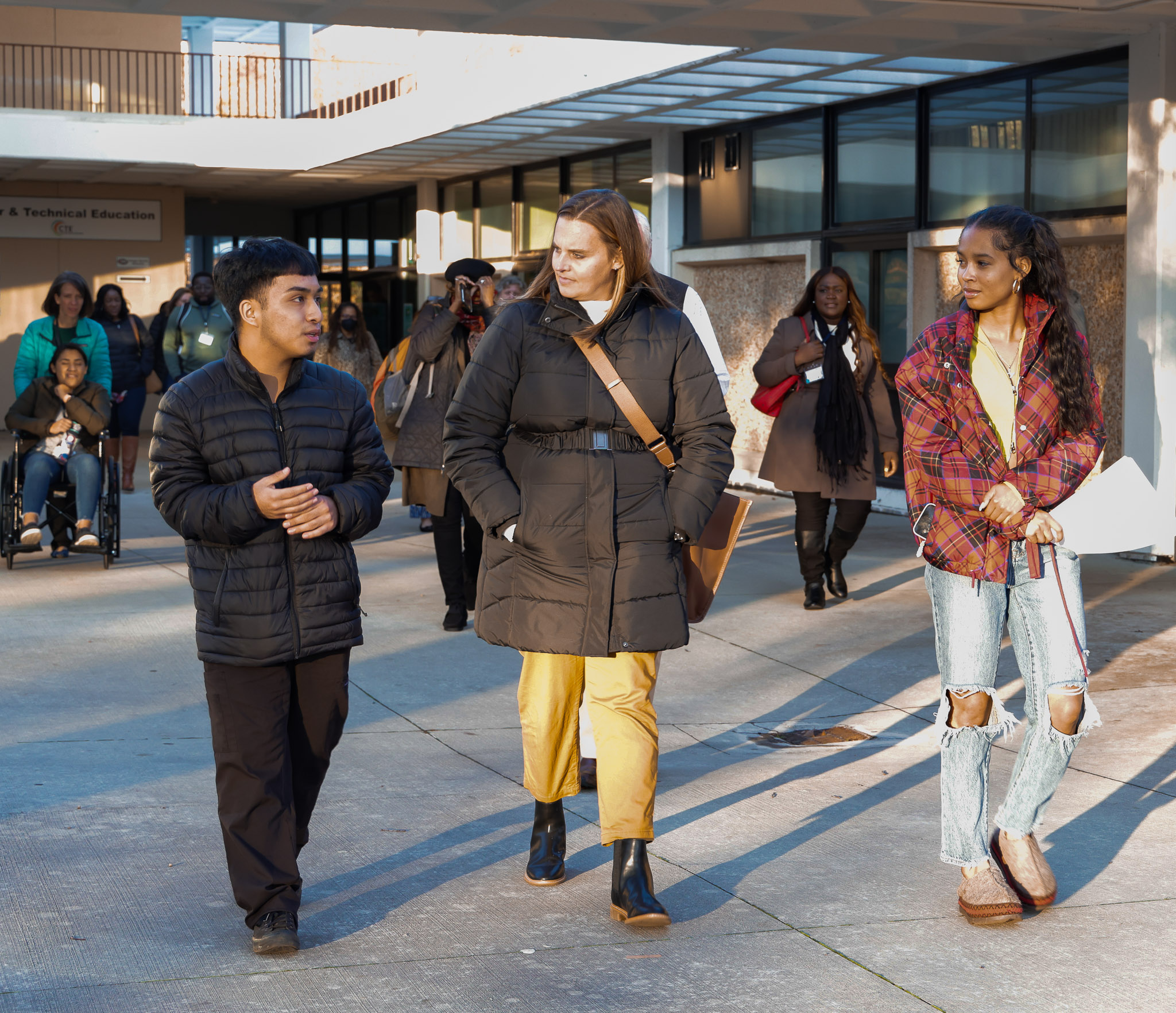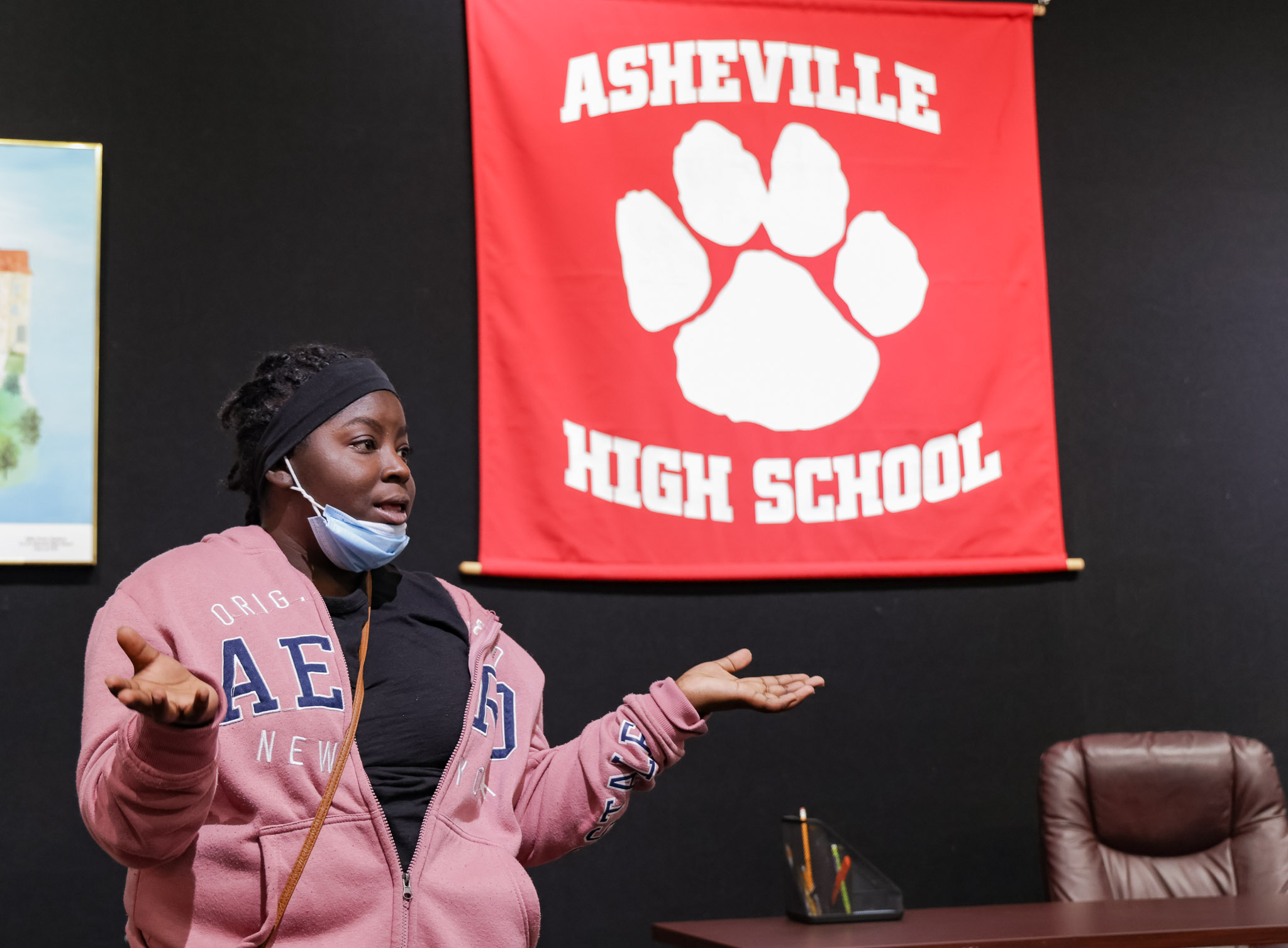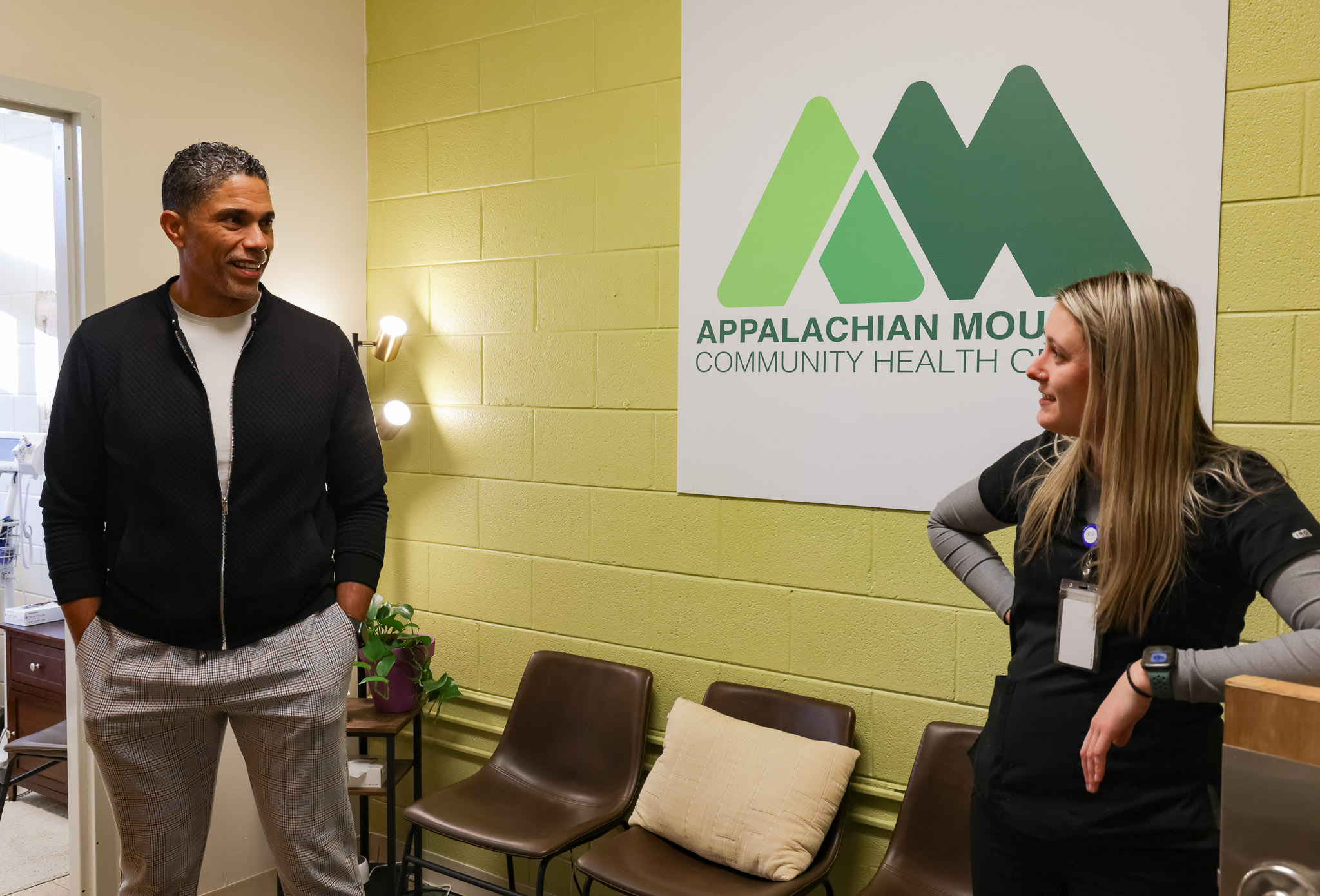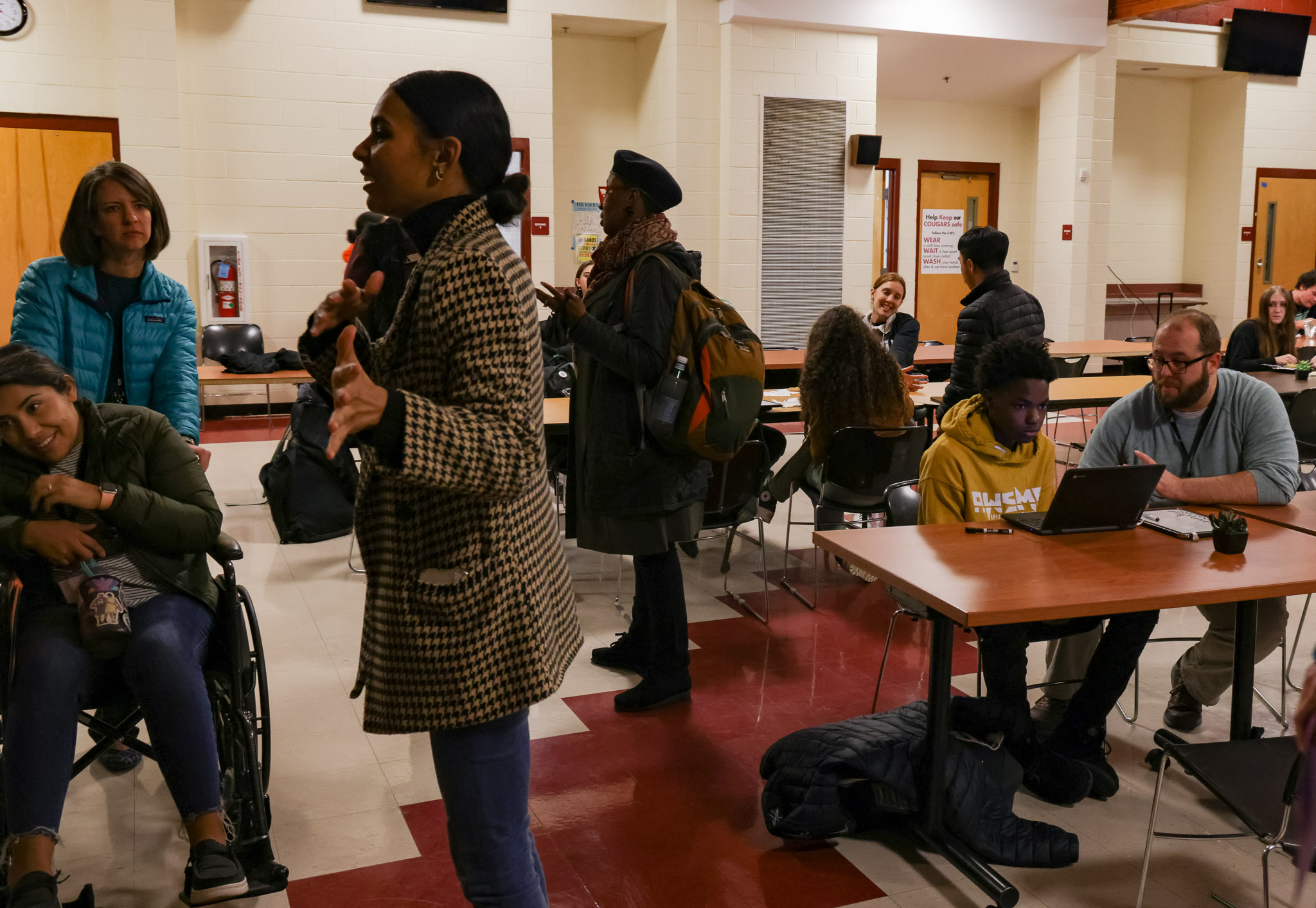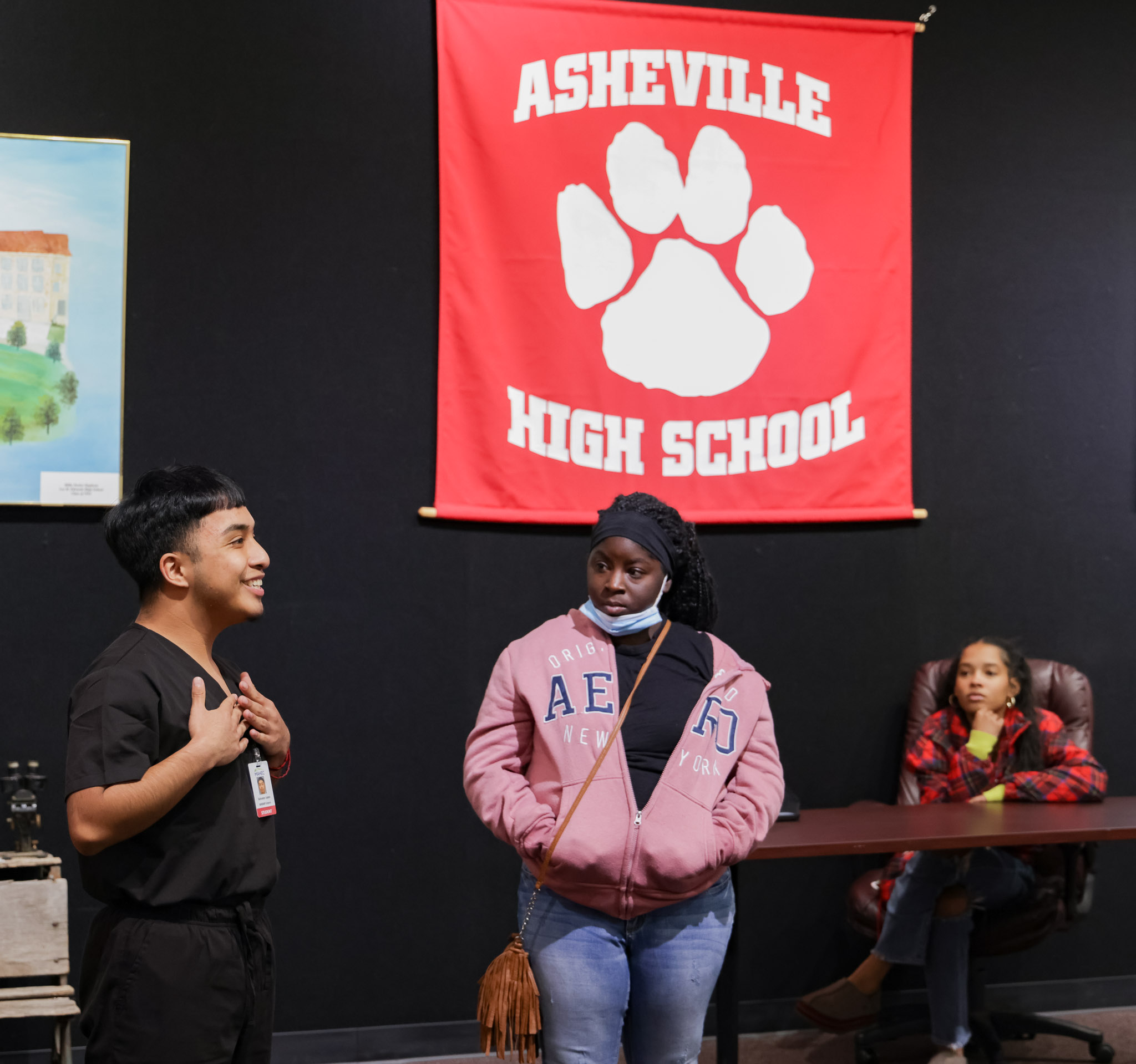The benefits of the Community Schools approach are numerous. By providing a range of support services such as health care, counseling, and after-school programs, schools can address the non-academic barriers to learning that many students face. This can lead to improved attendance, higher academic achievement, and better student social-emotional outcomes.
Community Schools have a long history in the United States, with the first community school opening in Cincinnati, Ohio, in the late 1800s. However, it was only with the passage of the Every Student Succeeds Act (ESSA) in 2015 that the federal government formally began to support the strategy through funding and policy.
Under ESSA, states can use federal funds to support the development and implementation of Community Schools. This has led to a significant increase in the number of schools adopting the approach, with over 5,000 schools now participating in the Community Schools initiative.
During late November, we saw the wide-reaching approach of the Community School strategy as over 50 community school leaders from across the nation converged upon Asheville. Among one of the many leaders was Jose Munoz, the Senior Director for the Coalition Community Schools & Institute. Munoz describes the gathering as a “coverage for a common goal,” and the significance of this gathering cannot be overstated. Because of the passage of the, Every Student Succeeds Act (ESSA), Community Schools have only been growing and striving to improve. It is an honor that the leaders from the Institute for Educational Leadership (IEL) decided to visit Asheville and Buncombe County because of the local community and government support of the Community School Strategy.
Director Munoz commented on the vital work happening in our public schools by saying, “It's essential to pay attention to Asheville, because it truly has genuine, authentic partnerships. What I just had a chance to witness the last three days is how Buncombe County is working for one mission, and that's to serve the kids.”
The three days of Munoz is referring to was jam-packed with leadership guidance, critical conversations, community partnership gatherings, and, most impactful for many visitors, the community school tours.
Individual students and United Way of Asheville community school coordinators had the opportunity to show off the programs and relationships they have built at each school. This impressive display allowed students of each school to talk freely about their community and the experiences they gained from participating in programs implemented because of the Community School Strategy. While students toured community school leaders to the School-Base Heath centers and Community Nights featuring Homework Diners, the leaders had an opportunity to ask questions and learn from our schools. Each school tour concluded with a panel of students, local community partners, and administrators speaking candidly about the struggles and triumphs of partaking in the community school strategy. By the end of the evening, community school leaders from across the nation expressed their appreciation and amazement at student leaders' maturity and forward-thinking nature.
From the school tours, Josh Wells, a United Way of Asheville and Buncombe County school coordinator at Owens Middle School, said, “ I hope that we here in Asheville can start to be really confident and really proud of the work that we've been doing and being able to show off and say, you know, we are right there with you. We are building this program and working on a strategy.”
We are honored to support the community schools in Asheville and Buncombe County that are being recognized for their progressive strategy. While the Community Schools strategy has shown promising results in improving student outcomes, its implementation also has challenges. These challenges include the need for sustained funding and support and addressing issues related to governance and accountability. Despite these challenges, the Community Schools approach has the potential to improve the education and well-being of students in Asheville significantly and beyond. As more schools adopt this approach, it will be essential to continue to track and evaluate its effectiveness to ensure that it is meeting the needs of students and their families.
Don’t Stop Here
CLICK HERE to donate to the Live United Fund OR Volunteer your time at a community school HERE!



